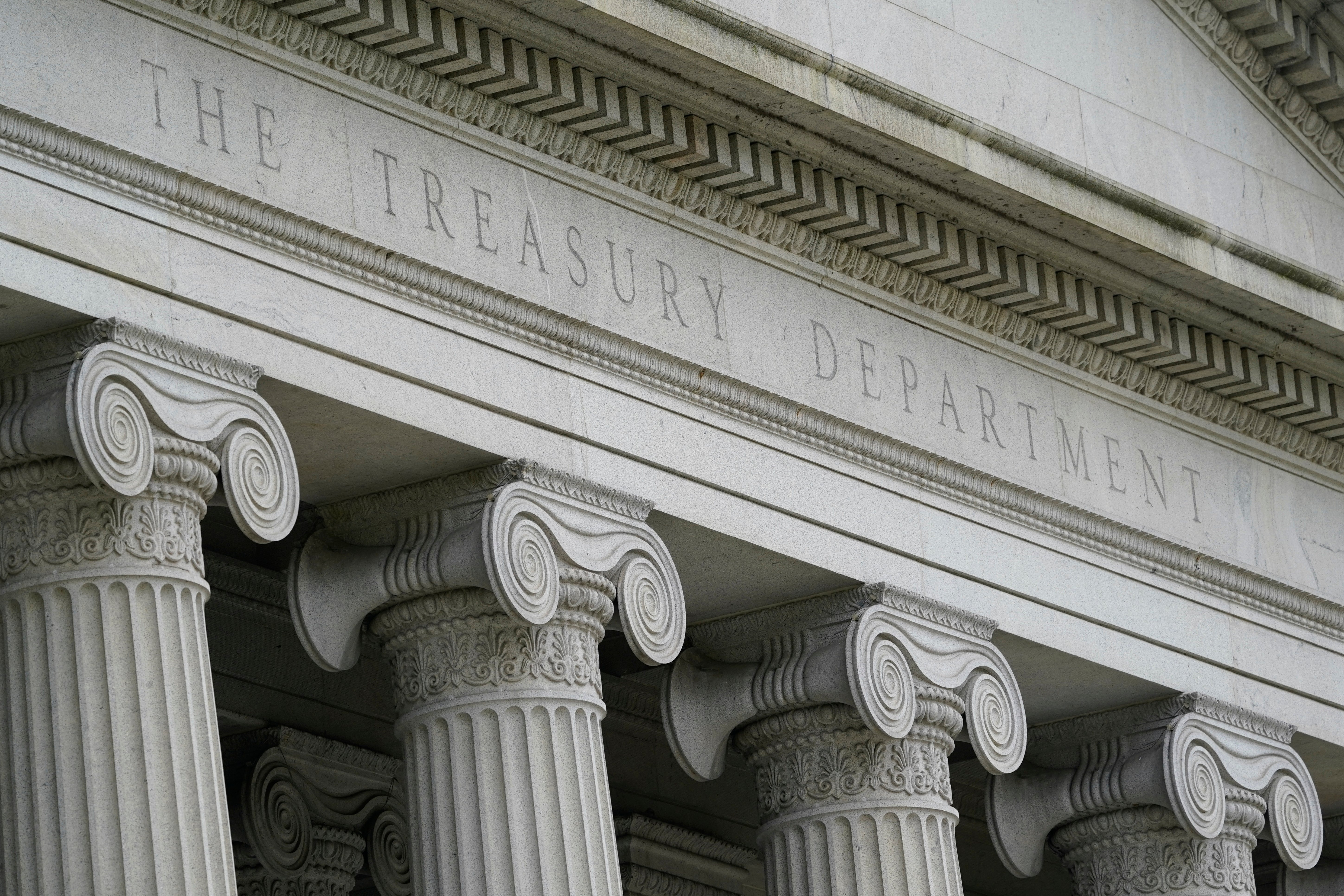US sanctions Iranian firm for helping government censor internet
The U.S. has imposed sanctions on an Iran-based technology firm for its role in facilitating the Iranian government’s censorship of the internet as anti-government protests swept the country

Your support helps us to tell the story
From reproductive rights to climate change to Big Tech, The Independent is on the ground when the story is developing. Whether it's investigating the financials of Elon Musk's pro-Trump PAC or producing our latest documentary, 'The A Word', which shines a light on the American women fighting for reproductive rights, we know how important it is to parse out the facts from the messaging.
At such a critical moment in US history, we need reporters on the ground. Your donation allows us to keep sending journalists to speak to both sides of the story.
The Independent is trusted by Americans across the entire political spectrum. And unlike many other quality news outlets, we choose not to lock Americans out of our reporting and analysis with paywalls. We believe quality journalism should be available to everyone, paid for by those who can afford it.
Your support makes all the difference.The U.S. imposed sanctions on an Iran-based technology firm on Friday for its role in facilitating the Iranian government's censorship of the internet as anti-government protests have swept the country since September.
A firm known as Arvan Cloud, its co-founders Pouya Pirhosseinloo and Farhad Fatemi, and a United Arab Emirates-based firm were all sanctioned for helping to facilitate the Iranian government's attempts to control and censor internet traffic.
Internet disruptions were instituted after homegrown anger over the September death of Masha Amini, an Iranian-Kurdish woman detained by the country’s morality police, escalated into large-scale protests.
U.S. Treasury's Office of Foreign Assets Control says Arvan Cloud provided interception services for the government, allowing Iranian authorities to control and censor incoming and outgoing traffic and surveil data on the servers. The firm also blocked websites at the request of Iran’s Committee to Determine Instances of Criminal Content.
“Free and unrestricted access to information is a fundamental right of all peoples, including in Iran,” said Brian E. Nelson, Treasury's under secretary for terrorism and financial intelligence. He said the U.S. “is committed to holding accountable those who seek to undermine freedom of expression and suppress dissent.”
Among other things, the sanctions deny the people and firms access to any property or financial assets held in the U.S. and prevent U.S. companies and citizens from doing business with them.
Tens of thousands of Iranians had been detained over the protests. While many have been pardoned or had their sentences reduced, anger still remains in the country as it struggles through the collapse of the nation’s currency and uncertainty over its ties to the wider world after the collapse of Tehran’s 2015 nuclear deal with world powers.
And Iran’s export of attack drones to Russian forces fighting in Ukraine has increased tensions.